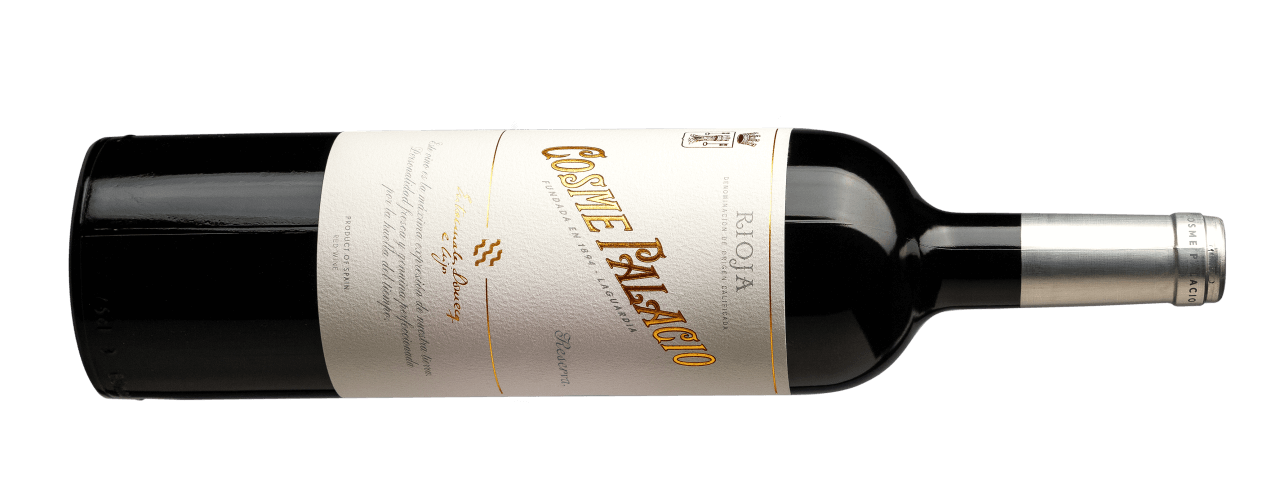News
Spain to be the Frontrunner in Organic Fine Wines, Says MW
Sarah Neish, The Drinks Business | March 17, 2023
With more than 400 hectares of vineyards across Spain, including in Rioja, Ribera del Duero, Rueda and Valdeorras, Entrecanales Domecq e Hijos is well-placed to offer a comprehensive overview of the Spanish wine scene in 2023.
According to the wine group’s technical director, Almudena Alberca MW, the country is leading the pack in one particular area, that of organic fine wines.
“We will definitely see more organic fine wines coming from Spain in the near future,” Alberca tells the drinks business.
“Spain already has more hectares of organic vineyard than any other in the world – with 131,000 ha of certified organic vines in 2020 – as many Spanish areas have climates that lend themselves to this way of working. We often have a low disease pressure due to scarce rainfall and naturally low yields.”
“In terms of fine wine, most professional – and by that I mean respectful – growers and producers already know that you have to look after the vineyard to make great wines, and that ensuring the natural balance of the plant and the soil is a big part of that,” she adds.
When asked which region in Spain is most feeling the impact of climate change, Alberca admits that “of all the regions I work with, the driest and hottest in the extreme year of 2022 were Valdeorras and Ribera del Duero.”
“Ribera del Duero has been particularly impacted as it already had a very extreme climate and so now the peaks are becoming even more extreme. It wasn’t unusual to have several days with temperatures of 40ºC or more over the summer, but what was different last year was that these hot periods extended over weeks and there were barely any days at all when the heat was at a tolerable level.”
There is an argument to be made that in order to preserve the future of fine wines from Ribera, more producers should be looking at going organic.
“It is hard to find information on the exact number of organic vineyards presently in the Ribera as registration is by province. But as a guideline, in Burgos, one of the three provinces in the Ribera del Duero wine region, the number of organic vineyards rose by 360% between 2018 and 2022,” Alberca says.
Bodegas Viña Mayor in Ribera is one of three wineries belonging to Entrecanales Domecq e Hijos that specialises in the production and ageing of high quality wines.
All wineries belonging to the group are demonstrably committed to sustainability, and were pioneers in Spain in gaining Carbon Neutral certification and using 100% renewable energy.
In the case of Viña Mayor, the winery has 10 hectares of vineyards that have been certified as organic since 2012. “Another 12 hectares have just converted, obtaining their organic certification in 2022, in addition to sizeable organic vineyard holdings in Toro and Rueda,” says Alberca.
However, Spain’s willingness to embrace the organic route ahead of many other nations may prove fortuitous in the decades to come and secure the future of its fine wines.

Bodegas Cosme Palacio
Bodegas Cosme Palacio was founded in Laguardia in Rioja Alavesa in 1894. One of the pioneers of modern Rioja, it was the first winery in Rioja Alavesa to open its own dedicated wine tourism facilities in 1991, with a hotel that has now been converted into La Casa Cosme Palacio. After almost seven years of complete reforms and a redefinition of its philosophy, this 125-year old building has become Spain’s first “by invitation only” luxury winery guest house.
Key wine brands:
- Glorioso
- Cosme Palacio
